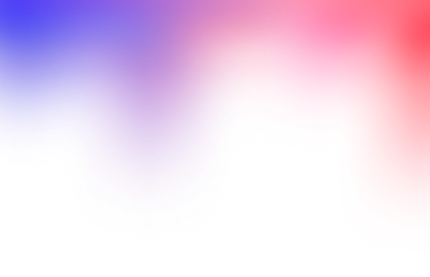分享

MidReal 故事
Revolution's Heart: A Chekist's Tragic Love
设定:A Theatrical Adaptation of "I (Romance)" by Mykola Khvylovy
Main Characters:
I (Romance): A Chekist, an intellectual torn between the ideals of the revolution and personal experiences. He embodies the conflict between ideology and humanity. Characterized by high intelligence but also emotional instability.
Maria: The hero's beloved, a kind-hearted woman who tries to save him from inner despair. She is a symbol of love and forgiveness.
Members of the tribunal: Heartless, cruel people who embody the ideology of violence. They are the antipodes of the protagonist, demonstrating the devaluation of human life.
Brief Synopsis:
Act 1:
The protagonist, a Chekist, is in a state of internal conflict. He participates in revolutionary events but feels repulsed by the cruelty around him.
Maria appears, bringing light of love and hope into his life.
Act 2:
The protagonist becomes a member of the tribunal, which condemns his former friends. This event undermines his faith in the justice of the revolution.
The hero's internal conflict intensifies. He feels guilty and lonely.
Act 3:
The hero tries to escape from inner despair through love for Maria, but it does not bring him relief.
In the finale, unable to bear the burden of internal contradictions, the hero chooses death.
Atmosphere of the Play:
Tragic: A constant feeling of hopelessness and the inevitability of a tragic end.
Psychological: Deep immersion in the inner world of the hero, his experiences, and mental anguish.
Social: Criticism of the revolution and its consequences for the individual.
Potential Scenes for Production:
The trial: A dramatic climax where the cruelty of the revolutionary system is revealed.
The hero's conversation with Maria: A lyrical scene that emphasizes the power of love.
The hero's monologue: Philosophical reflections on the meaning of life and death.
创建我的版本
I (Romance)
Chekist and intellectual,relationships with Maria and tribunal members,intelligent and emotionally unstable.
Maria
the hero's beloved and symbol of love and forgiveness,relationship with I (Romance),kindhearted and hopeful.
Tribunal members
male/female,representatives of revolutionary cruelty,relationships with I (Romance) as antagonists.
I am a Chekist.
I have participated in the revolution.
I have participated in the repression of the counter-revolution.
I have shot.
But I am an intellectual.
I am an educated man.
And I am torn between two irreconcilable poles: the ideology to which I am devoted, and my nature as a thinking, feeling being.
I (Romance)
Act 1:
The hero is torn between revolutionary ideals and human feelings.
The hero meets Maria and finds solace in her love.
Act 2:
The hero becomes a member of the tribunal that condemns his former friends.
The hero's internal conflict intensifies.
Act 3:
The hero tries to escape from inner despair through love for Maria, but it does not bring him relief.

